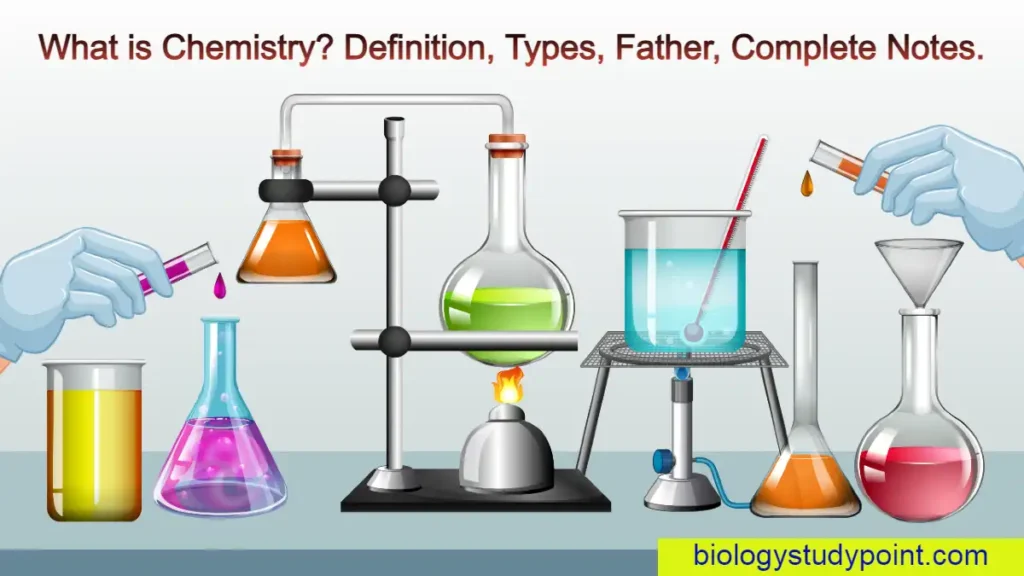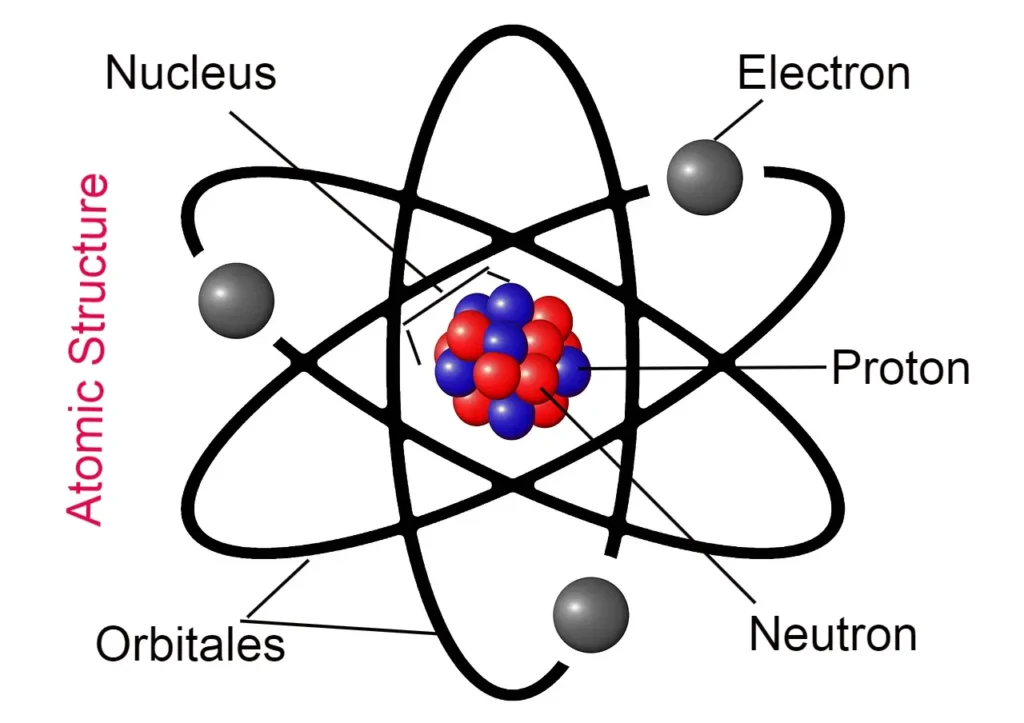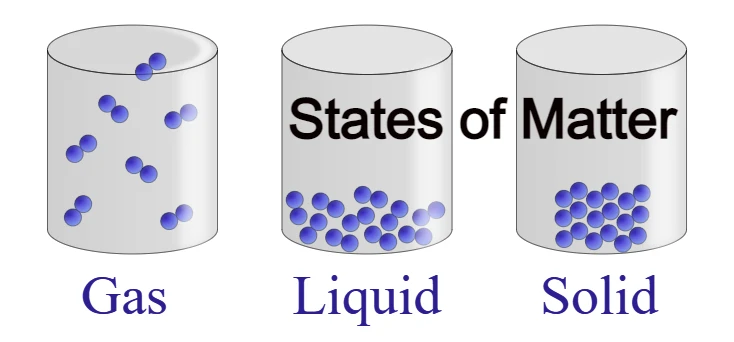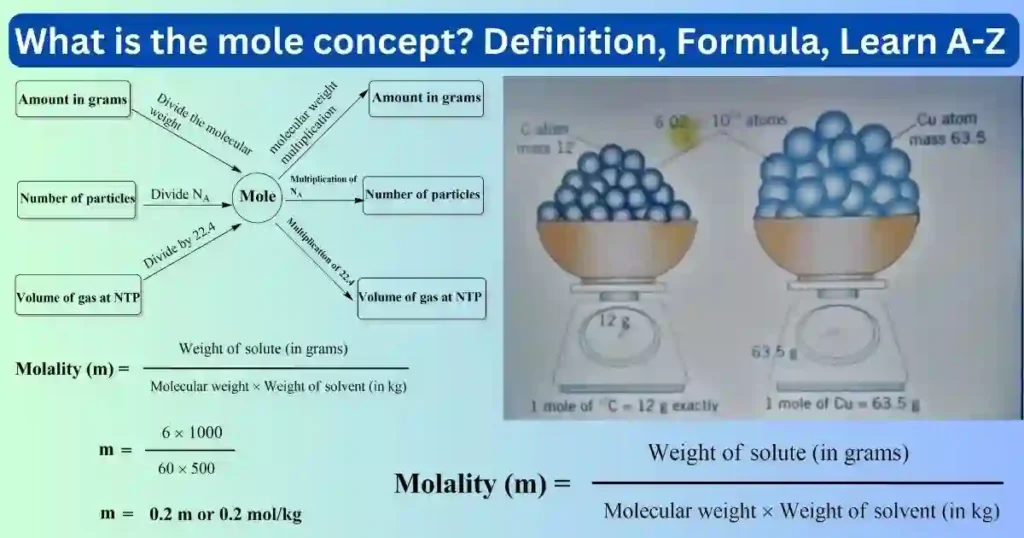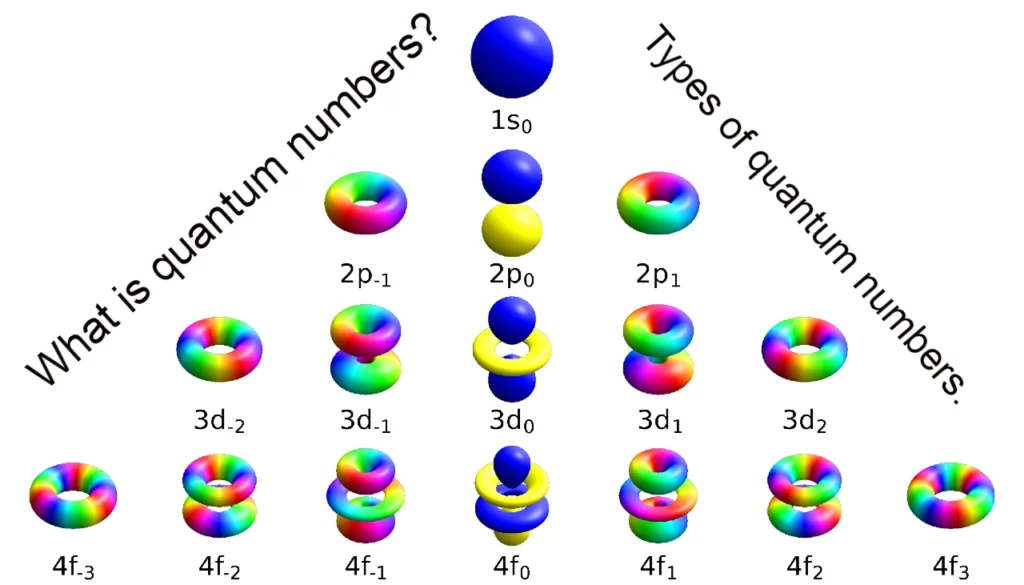Hello friends, today we will know what is chemistry. To learn about it step by step, then let’s start.
What is Chemistry?
Definition –
Chemistry is a branch of science, in which the study of the composition, structure, properties, and changes in them during a chemical reaction is called chemistry. Through this study, the fundamental components of matter can be better known and understood through atoms and molecules. For this reason, chemistry is called the science of atoms and molecules.
Who is the father of chemistry?
Antione Laurent de Lavoisier is called the father of chemistry.
Types of chemistry –
Chemistry is of the following types.
- Inorganic Chemistry
- Organic Chemistry
- Physical Chemistry
- Biochemistry
- Analytic Chemistry
- Industrial Chemistry
- Medicinal Chemistry
- Nuclear Chemistry,
- Agricultural Chemistry,
- Environmental Chemistry,
- Theoretical Chemistry,
- Green Chemistry,
- General Chemistry, etc., and its types.
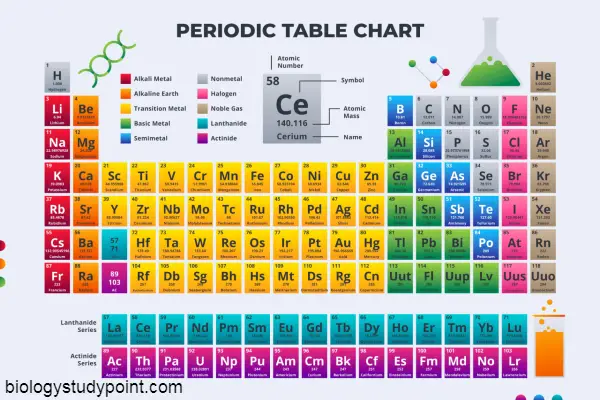
Importance of Chemistry –
Chemistry is most important in our life. Chemistry plays an extremely important role in meeting the need for food, health facilities, and other things to raise the standard of living of human beings. We have to take the help of chemical goods in some form or another in almost every area of our lives. Following are the primary uses and importance of chemistry in human life.
Food materials –
Chemistry has an important role in providing food items or food items in proper quantity to the ever-increasing population. The first need of man is food, various types of nutritious and tasty food items such as pickles, sauce, wine, jelly, sugar, vegetable ghee, chocolate, biscuits, and custard powder. Substances like tea, coffee, etc. are the product of chemistry.
Also, read – What is the cell?
Fertilizers –
Artificial fertilizers to increase crop yields; Eg – Urea, superphosphate of lime. Ammonium sulfate, potassium nitrate, etc. are used. This is all because of chemistry.
Bactericides / Insecticides –
Chemical substances like benzene hexachloride (B.H.C.), Aldrin, dieldrin, etc. protect plants from germs and diseases. These chemical substances are called bactericides/pesticides. Chemical compounds (such as potassium permanganate, chlorine, etc.) are also used in cities to make polluted water potable.
Health Care –
To keep the body healthy, chemistry has provided many effective medicines. Drugs effective in the treatment of cancer (such as cisplatin and Taxol) by chemistry and many life-saving drugs, such as the drug azidothymidine (AZT), used to treat patients with AIDS, are derived from plant and animal sources. Apart from this, some major medicines are as follows –
Antibiotics – Penicillin, Streptomycin, Oromycin, Chloromycetin, etc.
Alkaloids – Quinine, Coffin, Atropine, etc.
Sulpha drugs – sulfadiazine, sulfapyridine, sulfathiazole, etc.
Germicides – The use of germicidal substances like Chlorobenzene, Dettol, etc. can prevent the spread of infectious diseases.
Anesthetics – chloroform, cocaine, procaine, ethylene, ether, etc.
Antiseptics – Parazone, Tomestas, Brobat etc.
5. Clothes –
With the help of chemistry, many types of artificial fabrics have been made—for example – Nylon, Terylene, Decran, Arlan, Rayon, etc.
Building construction materials –
Materials useful for building construction, such as cement, lime, iron, asbestos, waterproofing, etc., are also the result of chemistry.
Plastic and Glass –
Nowadays, many useful items are being manufactured from plastic and glass. Plastic and glass are important contributions to chemistry. Plastic is now being used in the form of glasses, buckets, cans, vials, taps, bags, raincoats, and tablecloths.
Cosmetics –
Aromatic oils, creams, snow powders, different types of soaps, lipsticks, vermilion, mascara, antimony, apricots, etc., which are used as cosmetics, are the result of chemistry.
Fuels –
Petrol, power alcohol, fuel gases (coal gas, producer gas, oil gas, etc.), diesel oil, etc. are used as fuel in running various types of vehicles (motor cars, aircraft, trains, etc.).
Metals and Alloys – Metals like
Metals like gold, silver, iron, copper, aluminum, etc. are very useful for humans. Many alloys have been made from these metals, out of which about a hundred alloys like Steel, Brass, Bronze, German Silver, and Hindolium are used in our daily works. All these are the result of chemistry.
Synthesis of specific materials –
With the knowledge of chemical principles, it is now possible to synthesize substances with specific magnetic, electrical, and optical properties. As a result of these superconducting ceramics, good conducting polymers, and optical fiber-like materials can be synthesized, and solid-state materials can be developed in small forms.
Control over environmental pollution –
In the last few years, with the help of chemistry, some serious problems related to environmental pollution have been controlled to a great extent.
For example, alternatives to substances that cause ozone depletion in the stratosphere and environmental pollutants such as chlorofluorocarbons (CFCs) have been successfully synthesized. But still, many environmental problems remain a serious challenge for chemists, one such problem is the management of greenhouse gases (such as methane, carbon dioxide, etc.).
The understanding of biogeochemical processes, the use of enzymes for large-scale production of chemicals, and the production of novel exciting substances are some of the intellectual challenges for future generations of chemists. We will always need the help of chemistry for all these challenges and many other tasks. Thus, it is clear that the contribution of chemistry to our daily life is unprecedented.
I hope friends, what is chemistry? Would have liked the information given about What is chemistry. Friend if you like this information. So please share it with your friends as much as possible so that they can also benefit from it.
Thank you
